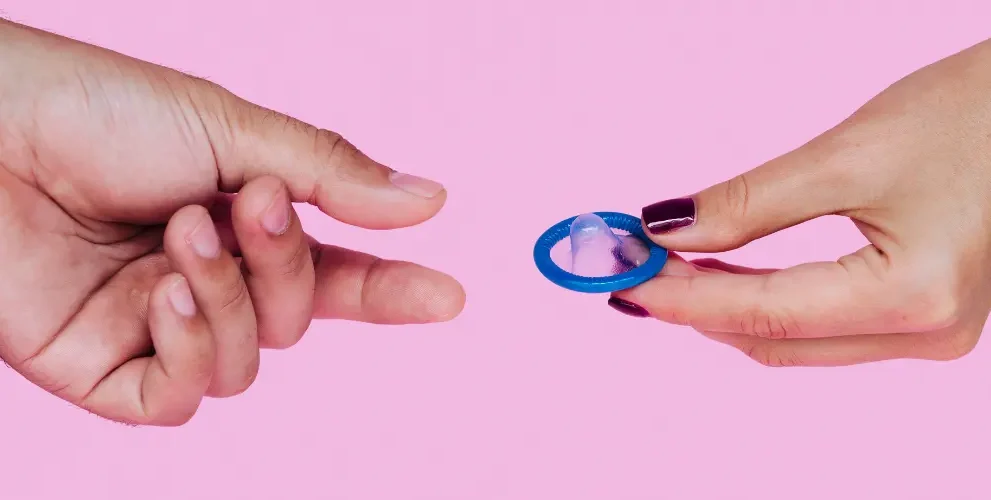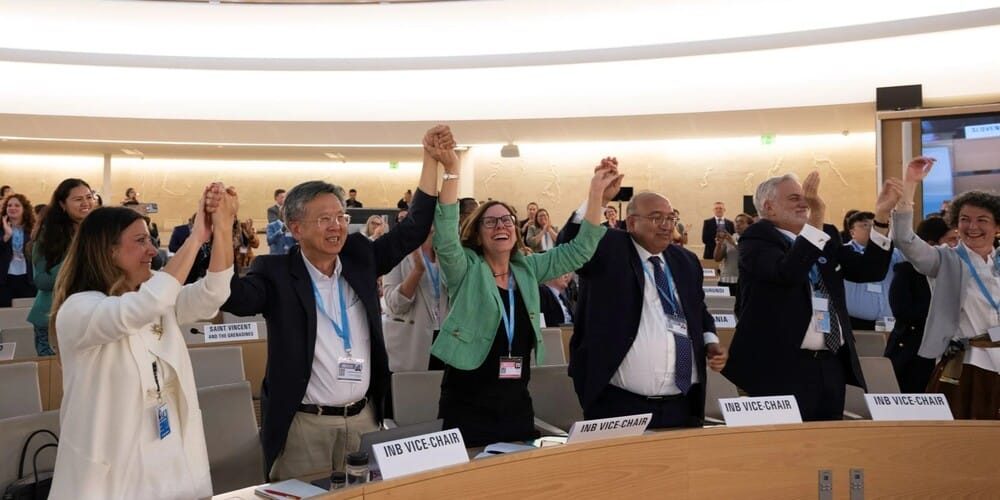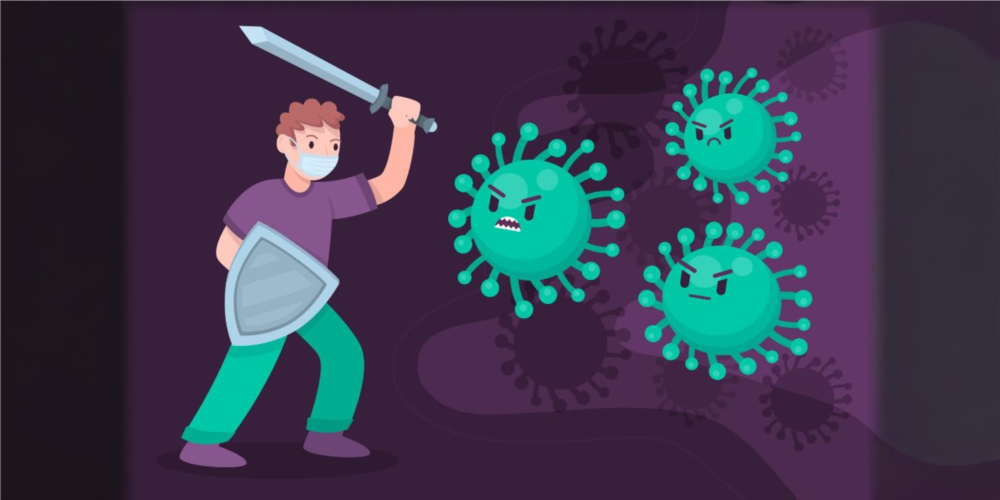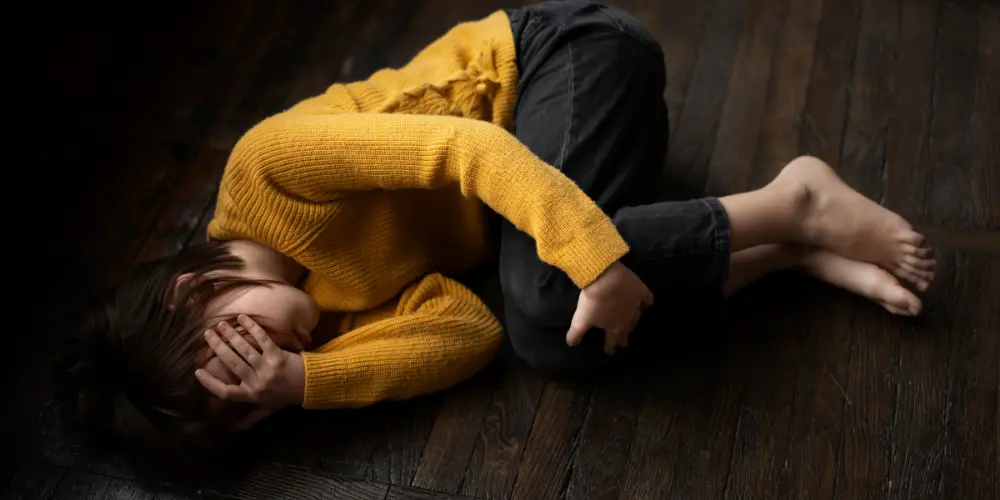Sex education isn’t cause of promiscuity, irresponsible behaviour: Supreme Court
The court said sex education “encompasses a wide range of topics, including consent, healthy relationships, gender equality, and respect for diversity.”
Author
Author
- admin / 9 months

- 0
- 5 min read

Author
Research has shown that sex education doesn’t encourage promiscuity and irresponsible behaviour “but actually delays the onset of sexual activity and promotes safer practices among those who are sexually active,” the Supreme Court of India said on Monday.
“One prevalent misconception is that sex education encourages promiscuity and irresponsible behaviour among youth. Critics often argue that providing information about sexual health and contraception will lead to increased sexual activity among teenagers,” a bench comprising Chief Justice D Y Chandrachud and Justice J B Pardiwala said. “However, research has shown that comprehensive sex education actually delays the onset of sexual activity and promotes safer practices among those who are sexually active.”
The bench called for promoting a comprehensive understanding of sex education and addressing misconceptions about sexual health.
“Research indicates that comprehensive sex education can significantly reduce risky sexual behaviours, increase knowledge, enable healthy decision-making, reduce misinformation, delay sexual debut, decrease the number of sexual partners, and increase contraceptive use,” the bench said. “The research done in India has shown the need for comprehensive sex education programs. A study of over 900 adolescents in Maharashtra found that students not exposed to scientific literature on reproductive and sexual health were more likely to initiate sex early.”
Effective sex education, the bench added, must include consent, healthy relationships, gender equality, and respect for diversity, as these elements are crucial for improving sexual health outcomes and reducing the incidence of sexual crimes – especially in light of India’s growing population.
“In India, the misconceptions about sex education are widespread and contribute to its limited implementation and effectiveness. Many people, including parents and educators, hold conservative views that discussing sex is inappropriate, immoral, or embarrassing,” the court said. “This societal stigma creates a reluctance to talk openly about sexual health, leading to a significant knowledge gap among adolescents.”
The landmark ruling stated that viewing, possession and storage of sexually explicit materials involving minors constitute a crime under the Protection of Children from Sexual Offences (POCSO) Act and the Information Technology (IT) Act, whether or not it is shared or transmitted further. The ruling overturns the Madras High Court that had held that “mere possession” or storage of child pornography was not an offence under Section 67-B of the IT Act.
“Another common belief is that sex education is a Western concept that does not align with traditional Indian values. This view has led to resistance from various state governments, resulting in bans on sex education in schools in some states,” the court said.
“This type of opposition hinders the implementation of comprehensive and effective sexual health programs, leaving many adolescents without accurate information. This is what causes teenagers and young adults to turn to the internet, where they have access to unmonitored and unfiltered information, which is often misleading and can plant the seed for unhealthy sexual behaviours,” the ruling added.
The court said there is a misconception that sex education only covers biological aspects of reproduction but “encompasses a wide range of topics, including consent, healthy relationships, gender equality, and respect for diversity.”
“Despite some of these challenges, there are successful sex education programs in India, such as the Udaan program in Jharkhand,” the Court said. “This program’s success highlights the importance of community involvement, transparency, and government support in overcoming resistance and creating a supportive environment for sex education.”
The court highlighted positive age-appropriate sex education plays a critical role in preventing youth from engaging in harmful sexual behaviours, including the distribution, and viewing of “child sexual exploitative and abuse material (CSEAM).
“Furthermore, positive sex education promotes healthy attitudes towards sexuality and relationships, which can counteract the distorted perceptions often associated with the consumption of child pornography,”the court said.
“It can also help foster greater empathy and respect for others, reducing the likelihood of engaging in exploitative behaviours. Comprehensive sex education programs also teach youth about the importance of consent and the legal implications of sexual activities, helping them understand the severe consequences of viewing and distributing child pornography.”
Suggestions to the Union of India and to the courts
The apex court proposed to the Union of India and Ministry of Women and Child Development to “seriously consider to bring about an amendment to the POCSO for the purpose of substituting the term ‘child pornography’ with ‘child sexual exploitative and abuse material’ (CSEAM) with a view to reflect more accurately on the reality of such offences.”
The courts have also been notified to use the term CSEAM in future judgements instead of ‘child pornography’.
“Implementing comprehensive sex education programs that include information about the legal and ethical ramifications of child pornography can help deter potential offenders,” the court said. “These programs should address common misconceptions and provide young people with a clear understanding of consent and the impact of exploitation.”
The ruling also called for providing support services to the victims and rehabilitation programs for the offenders.
“These services should include psychological counselling, therapeutic interventions, and educational support to address the underlying issues and promote healthy development,” the court said. “For those already involved in viewing or distributing child pornography, CBT has proven effective in addressing the cognitive distortions that fuel such behaviour. Therapy programs should focus on developing empathy, understanding the harm caused to victims, and altering problematic thought patterns.”
The court pressed for raising awareness about the realities of child sexual exploitative material and its consequences through public campaigns.
“These campaigns should aim to destigmatize reporting and encourage community vigilance,” the court said.
The ruling also called on schools to play a crucial role in early identification and intervention.
“Implementing school-based programs that educate students about healthy relationships, consent, and appropriate behaviour can help prevent problematic sexual behaviours (PSB),” the court said.
Also read: Curable sexually transmitted infections account for over one million daily cases: WHO









